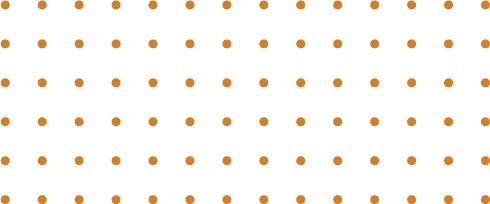Semester by coursework
The “semester by coursework” option provides an insight into the French approach to engineering. Students begin with the “Engineering Challenge term” (February-March) followed by the “Academic term” of elective courses (April-May), and end with an “Intensive Week” consisting in an elective activity. Throughout the Spring semester, students must also validate the common core curriculum, which includes a semester-long team project and two related workshops. Finally, students must take up to two foreign language courses, among which French as a Foreign Language.





